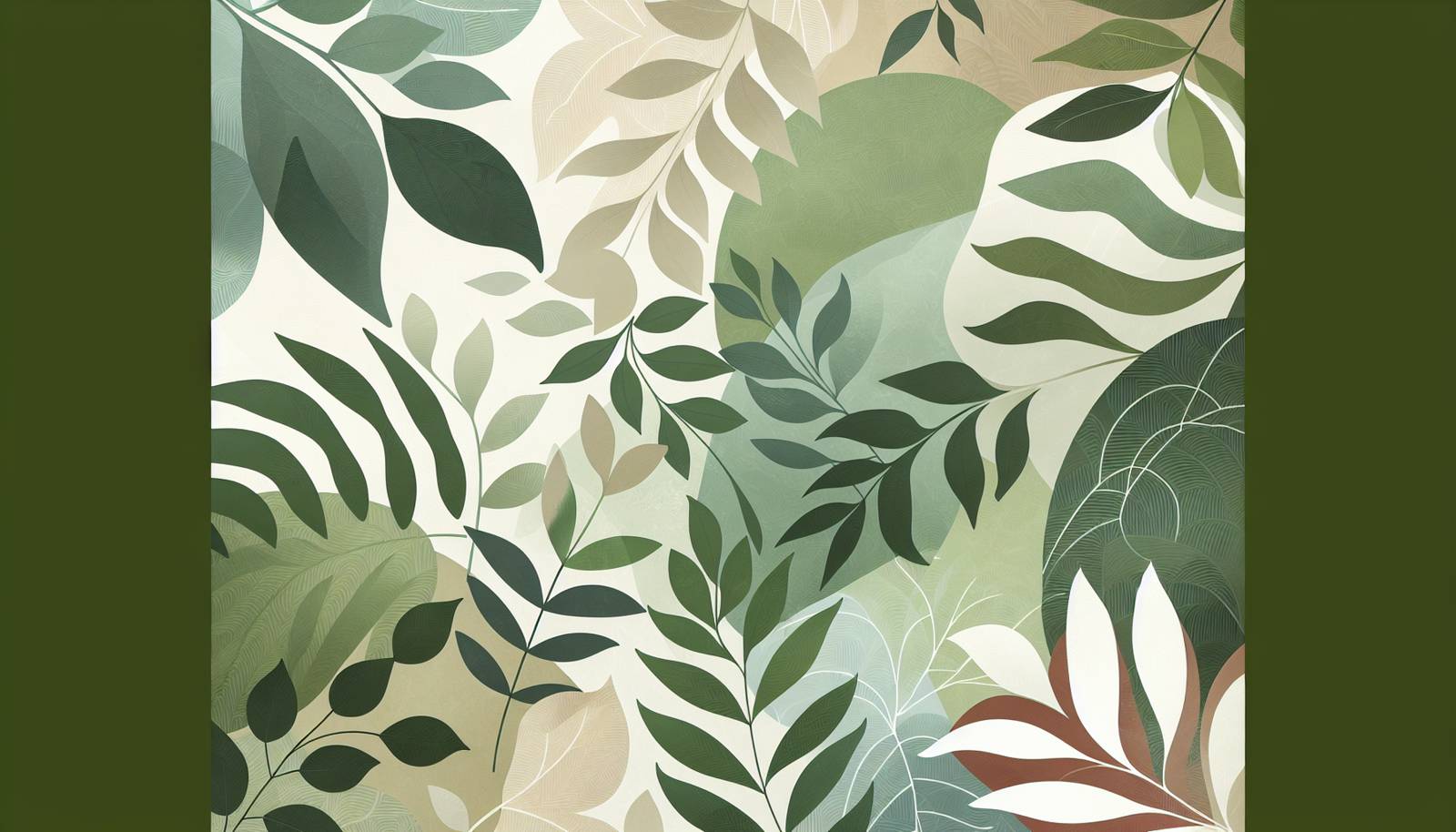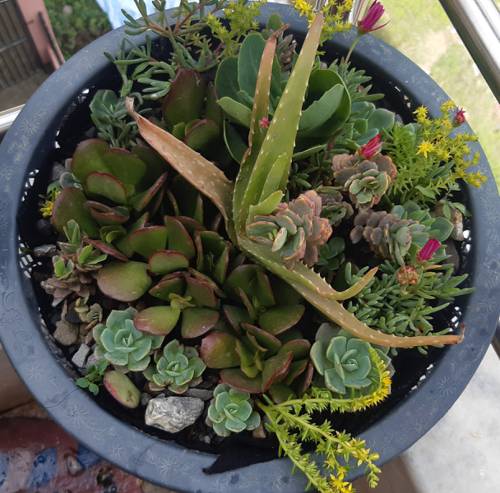
FAQ About Indoor Plant Hardiness

What is indoor plant hardiness?
Indoor plant hardiness refers to the ability of indoor plants to survive and thrive under different environmental conditions, including temperature extremes, humidity levels, light availability, and care routines. A hardy indoor plant can endure neglect, such as inconsistent watering or light exposure, yet continue to grow and flourish.

Which indoor plants are known for their hardiness?
Some popular hardy indoor plants include the Snake Plant (Sansevieria), Spider Plant (Chlorophytum comosum), ZZ Plant (Zamioculcas zamiifolia), and Pothos (Epipremnum aureum). These plants are well-known for their resilience and ability to thrive even with minimal care.

How does temperature affect indoor plant hardiness?
Temperature plays a crucial role in indoor plant hardiness. Most indoor plants prefer a stable environment with temperatures ranging between 60-75°F (15-24°C). Exposure to extreme temperatures, such as cold drafts or direct heat, can stress the plants, reduce their growth, or even cause damage. Hardy indoor plants can better withstand temperature fluctuations.

Can indoor plants survive without sunlight?
While most indoor plants require some form of light, whether natural or artificial, some hardy plants, like the Snake Plant and ZZ Plant, can tolerate low-light conditions. However, they will still need occasional exposure to indirect sunlight or grow lights to maintain their health over the long term.

What care challenges can affect indoor plant hardiness?
Care challenges affecting indoor plant hardiness include inconsistent watering, poor light conditions, inadequate humidity, and pest infestations. Hardy indoor plants are capable of adapting to less-than-ideal care and can survive periods of neglect better than more sensitive varieties.

How can I improve the hardiness of my indoor plants?
To improve the hardiness of your indoor plants, ensure they are in optimal conditions by providing appropriate light, consistent watering based on individual plant needs, maintaining suitable humidity levels, and protecting them from temperature extremes. Regularly checking for pests and diseases is also essential.

Why do some indoor plants die easily despite good care?
Some indoor plants might die easily due to factors beyond care, such as being placed in the wrong environment for their particular species, poor soil conditions, or incorrect pot size. It's crucial to understand each plant's specific needs to ensure they thrive in your indoor setting.

Are there any indoor plants that are both hardy and aesthetically pleasing?
Yes, many indoor plants are both hardy and visually appealing. The Peace Lily (Spathiphyllum) is known for its lush foliage and beautiful white blooms, while the Rubber Plant (Ficus elastica) offers bold, glossy leaves. These plants can add elegance to any interior space while being relatively easy to care for.

What role does humidity play in indoor plant hardiness?
Humidity is vital for indoor plant hardiness, as many plants originate from tropical regions where humidity is high. Low humidity can cause leaf browning and wilting. Hardy plants can tolerate a range of humidity levels, but maintaining an indoor environment around 40-60% humidity benefits most plants.

Can I make any plant a hardy indoor plant?
Not all plants can be made hardy, as their hardiness depends on their inherent genetic traits. However, you can enhance their tolerance to conditions by gradually acclimating them to less-than-ideal environments and ensuring they receive optimal care.

Does the soil type affect indoor plant hardiness?
Yes, the soil type significantly affects indoor plant hardiness. Well-draining soil helps prevent root rot, a common issue that can affect plant health. Using the right soil mix for each plant type, such as cactus soil for succulents or peat-based soil for most houseplants, supports their growth and resilience.

How often should hardy indoor plants be watered?
The watering frequency for hardy indoor plants varies. Generally, it's best to water such plants only when the top inch of soil feels dry. Overwatering can lead to root rot, while underwatering might cause wilting. Adjustments might be needed based on the plant type, pot size, and environmental conditions.

What pests commonly affect indoor plant hardiness?
Common pests that affect indoor plants include spider mites, mealybugs, aphids, and fungus gnats. These pests can weaken plants by feeding on their sap or roots. Hardy plants can often endure light infestations, but it's best to address pest issues promptly to maintain plant health.

Are there hardy flowering indoor plants?
Yes, some flowering indoor plants are hardy, such as the African Violet (Saintpaulia), Peace Lily (Spathiphyllum), and Anthurium. These plants are known for their beautiful blooms and can thrive with basic care, making them excellent choices for both novice and experienced gardeners.

What are the signs of a hardy indoor plant?
Signs of a hardy indoor plant include resilience to neglect, such as missing watering cycles, ability to adapt to various light conditions, and resistance to common pests and diseases. These plants often maintain healthy foliage and steady growth regardless of minor environmental fluctuations.

How can I identify if my indoor plant is not hardy?
An indoor plant may not be hardy if it shows susceptibility to diseases, wilts quickly under stress, or requires strict care routines, such as precise watering and specific light conditions. Observing how a plant reacts to environmental changes can help identify its hardiness level.

Can hardy indoor plants improve air quality?
Yes, many hardy indoor plants, like the Snake Plant and Spider Plant, improve air quality by filtering toxins and releasing oxygen. While they may not replace dedicated air purifiers, they contribute to a healthier indoor environment.

Do hardy indoor plants require special fertilizers?
Hardy indoor plants generally do not require special fertilizers. A balanced, all-purpose fertilizer applied during the growing season can promote healthy growth. However, it's important to follow the specific fertilization needs of each plant type to avoid over-fertilization, which can damage plants.

What is the best way to acclimate a new plant to indoor environments?
To acclimate a new plant to indoor conditions, gradually expose it to its new environment by adjusting factors like light and humidity over a week or two. Start by mimicking the conditions it was grown under, then slowly transition to your indoor environment to prevent shock and promote adaptation.

Are there common misconceptions about indoor plant hardiness?
One common misconception is that hardy plants do not need any care, leading to neglect. While they can withstand challenging conditions, they still require proper care, including watering, feeding, and pest control. Another misconception is that all succulents are hardy; some can be quite sensitive to environmental changes.
